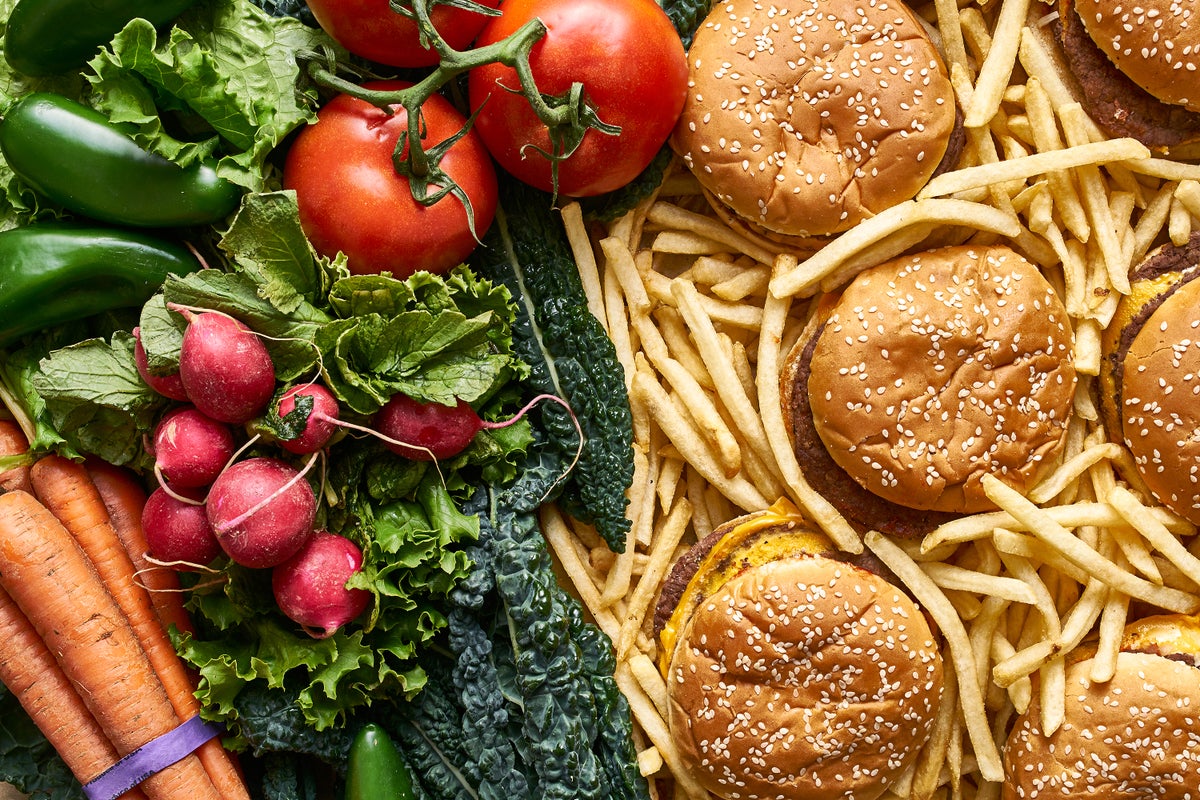Now Reading: Will Ozempic and Wegovy Redefine Food Preferences?
-
01
Will Ozempic and Wegovy Redefine Food Preferences?
Will Ozempic and Wegovy Redefine Food Preferences?

Rapid Summary
- GLP-1 receptor agonist medications such as Wegovy, Ozempic, and Zepbound, originally designed to treat type 2 diabetes, are now widely used for weight loss.
- These drugs work by inducing satiety (feeling full) and reducing the pleasure response to food in brain reward pathways.
- Many users report changes in food preferences and taste perception. As an example:
– Certain meats or high-fat foods may become unappealing.
– Some formerly enjoyable flavors may taste unpleasant; wine described by a user became “vegetal.”
– Preferences tend toward healthier options like fruits,leafy greens,and water while reducing calorie-dense processed foods.
- Preliminary research suggests these changes might contribute to weight loss but does not explain the phenomenon entirely.
- Self-reported data indicates GLP-1 medication users consume approximately 700 fewer calories per day.
- Scientists have identified GLP-1 receptors on human taste buds but lack conclusive evidence linking them directly to altered taste preferences. findings on how these drugs influence flavour intensity vary widely across studies.
– A study found heightened sensitivity in some users toward sweet tastes while another suggested reduced sensitivity overall across all primary tastes (sweet, sour, salty, bitter, umami).
Link: Read More
Indian Opinion Analysis
The emerging evidence surrounding GLP-1 medications highlights meaningful medical advances in managing obesity and type 2 diabetes through mechanisms impacting appetite regulation as well as altering sensory experiences of food.These developments could hold valuable lessons for India due to its growing prevalence of lifestyle conditions like obesity and diabetes.
While the health benefits of reduced consumption of calorie-dense processed foods are crucial for improving national well-being-especially given IndiaS expanding fast-food culture-the implications extend further. If similar effects were observed among Indian patients using these medications or related interventions adapted locally from this research pipeline (e.g.,progress targeting affordability/accessibility),there might be potential shifts in consumer behavior towards more nutritious diets favoring traditional staples such as vegetables over ultra-refined alternatives.
However-as with most transformative solutions-it is essential that widespread adoption considers both effectiveness gaps concerning individual variability alongside ethical/holistic frameworks ensuring avoidances worsening “western-media norms commodifying thinness societal obsession.”



























